Race Day Live – As the new year approaches, several new laws are set to take effect in Texas on January 1, 2025.
The removal of safety inspections for non-commercial vehicles and the introduction of enhanced privacy measures that empower customers to opt out of data collection represent two of the most notable advancements.
An in-depth examination of the effects these laws will have on Texans is presented below:
HB 3297: Non-commercial vehicle inspections are discontinued
Current vehicle safety inspections will be discontinued.
The Texas Department of Public Safety has revealed that starting January 1, 2025, non-commercial vehicles will be exempt from inspection before registration.
Instead, all drivers of non-commercial vehicles will need to pay a $7.50 fee for the inspection program replacement when registering their vehicles.
For newly acquired vehicles in Texas, an initial inspection program replacement fee of $16.75 will be required for a duration of two years. This applies to cars from both the current and previous model years that have not been registered in Texas or any other state.
Non-commercial vehicles will be exempt from safety inspections, but Texans in certain counties will still need to undergo emissions testing for their cars. The costs of these tests vary based on the vehicle and location.
Electric-only cars and other vehicles exempt from emissions inspections will maintain their status.
Several key counties, including Brazoria, Collin, Dallas, Denton, El Paso, Ellis, Fort Bend, Galveston, Harris, Johnson, Kaufman, Montgomery, Parker, Rockwall, Tarrant, Travis, and Williamson, have implemented requirements for emissions testing.
HB 4: Refuse to have your personal information collected
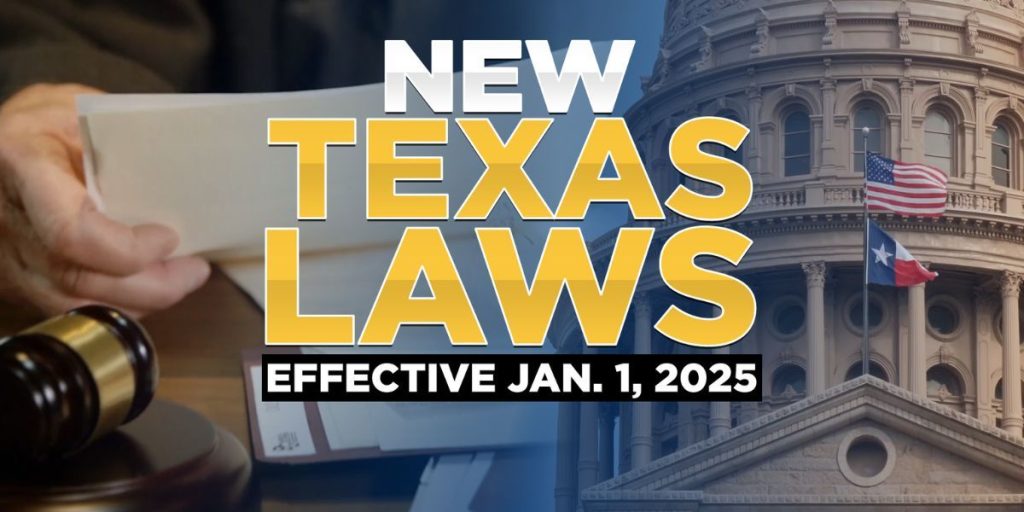
Aside from Section 541.055(e) of the Business & Commerce Code, which will be implemented on January 1, 2025, the regulations regarding the collection and utilization of customer personal data became effective on July 1, 2024.
A consumer has the ability to appoint another person or technology, such as browser configurations, device settings, or website links, to refuse the processing of their personal data on their behalf, as outlined in that clause. This suggests that consumers may opt to withhold their personal details by reaching out to businesses directly.
Requests may be denied by businesses if they lack clarity, if the consumer’s residency is unverified, if the request is unprocessable, or if similar requests are governed by different laws in another state.
Nonetheless, they are required to fulfill requests if they can verify the identity of the consumer and the authority of the agent.
SB 2: Relief from property taxes (88th Legislature, 2nd Called Session)
A comprehensive property tax reduction law was approved during a second special legislative session in 2023.
With the exception of Sections 3.05, 3.08, and 3.15(b), set to take effect on January 1, 2025, and Sections 4.02, 4.05, 4.08, 4.10, and 4.12, which will come into force on January 1, 2027, the remainder of the law is currently active.
HB 1535: Fiscal year-end for the San Antonio River Authority
This legislation relates to the San Antonio River Authority, following the guidance of the Sunset Advisory Commission. The legislation modified the duration of board members’ terms and revised the operations, governance, and functions of the San Antonio River Authority.
The law took effect in May 2023, aside from a clause related to the fiscal year dates. The fiscal year for the district concludes on September 30 each year, starting from January 1, 2025.
HB 3474: Texas’s new judicial district
Enacted in 2023, this legislation tackled various concerns related to the judicial framework in Texas. Aside from Sections 1.009 and 1.016, numerous aspects of the law are already in effect:
The 477th Judicial District has been established to serve Denton County, as outlined in Section 1.009. The district is set to officially launch and commence operations on January 1, 2025.
Section 1.016 will take effect on October 1, 2025. Kendall County has officially established its 498th Judicial District.
Simplifying criminal procedure (HB 4504)
An ongoing effort to simplify legal regulations features House Bill 4504. The changes made are minor and technical, ensuring that the content of the laws remains unchanged.
These amendments encompass the responsibilities of law enforcement, their engagement with the community, the location of trials, the transfer of cases, the rules governing particular local courts, and the process for clearing criminal records.




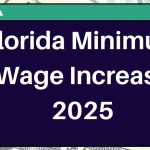




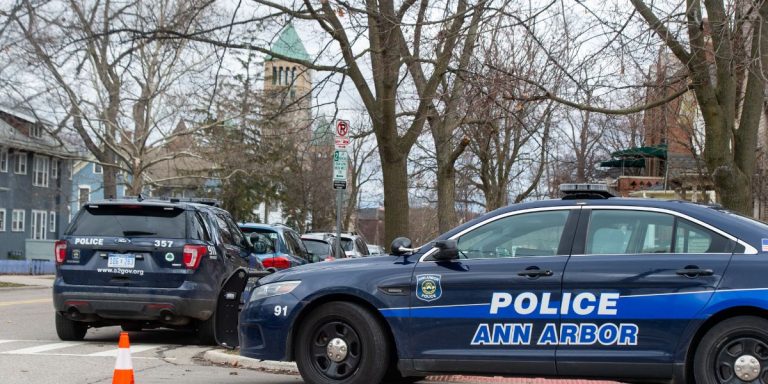

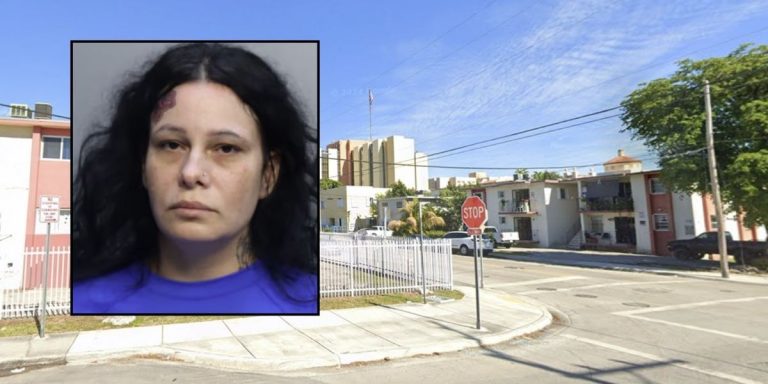



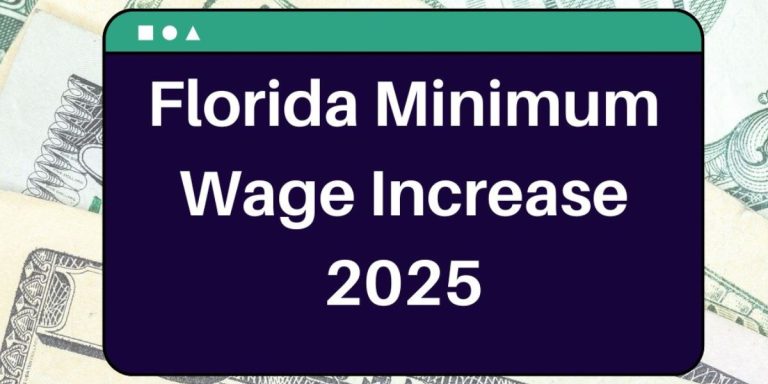





+ There are no comments
Add yours